re: wilding
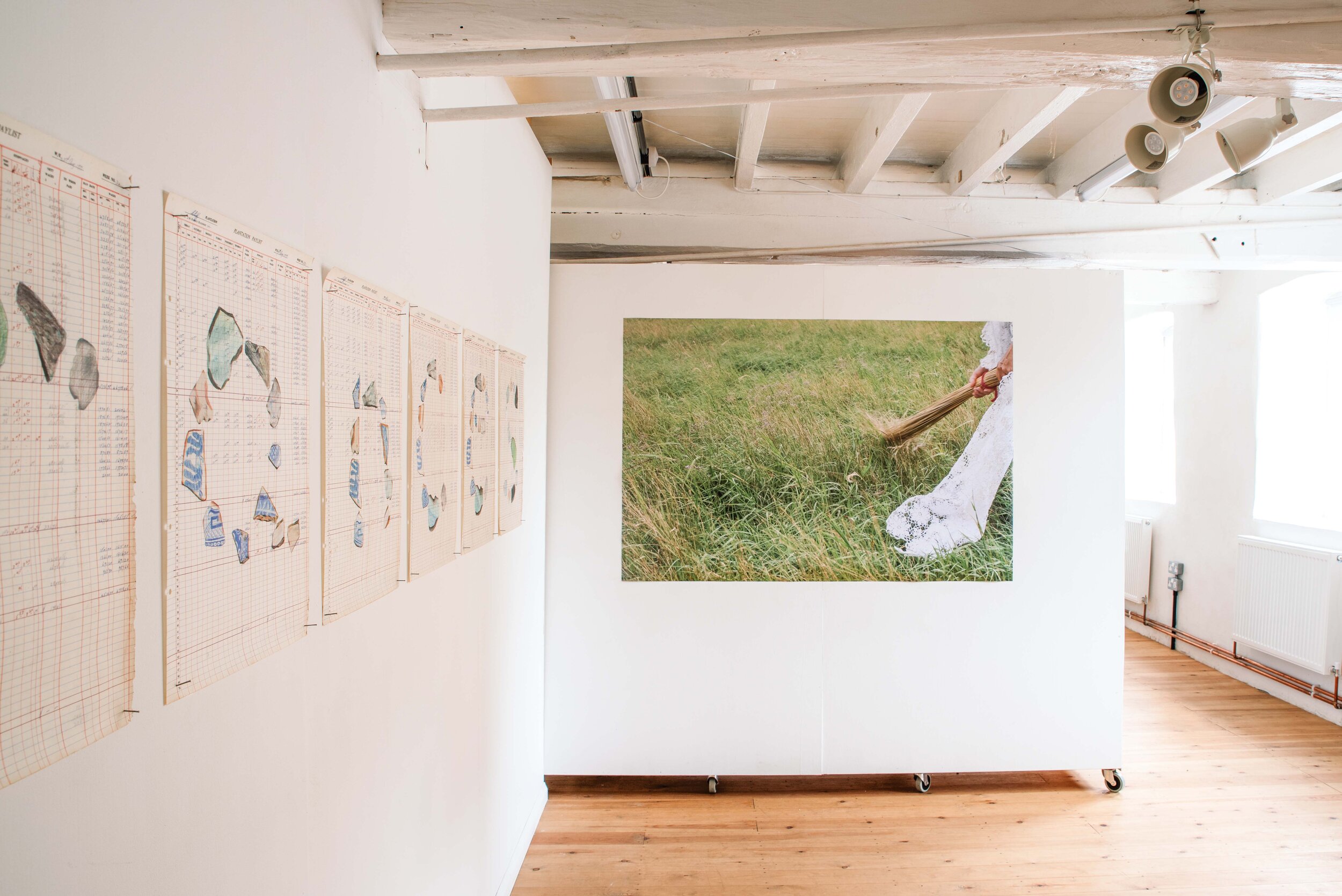
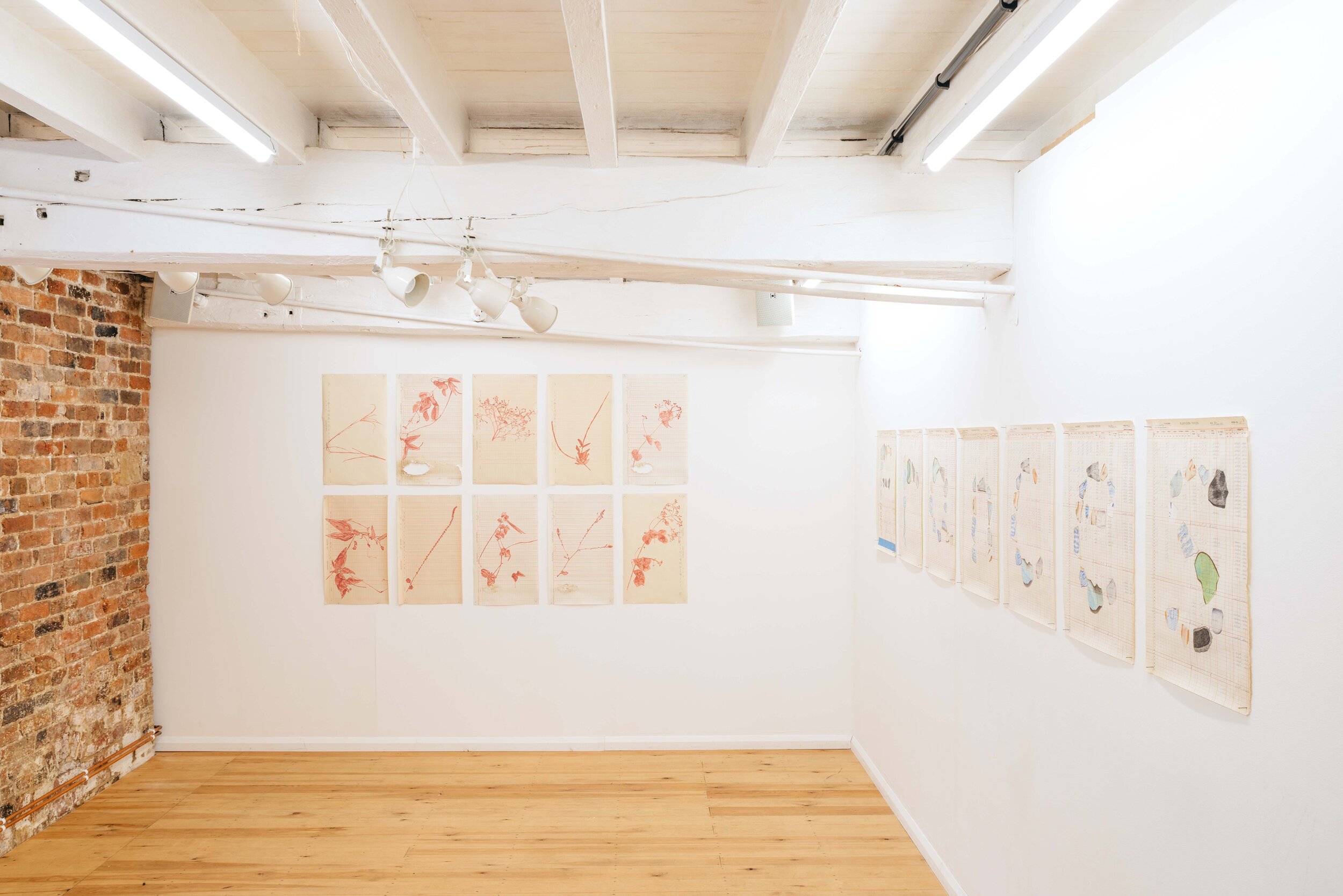
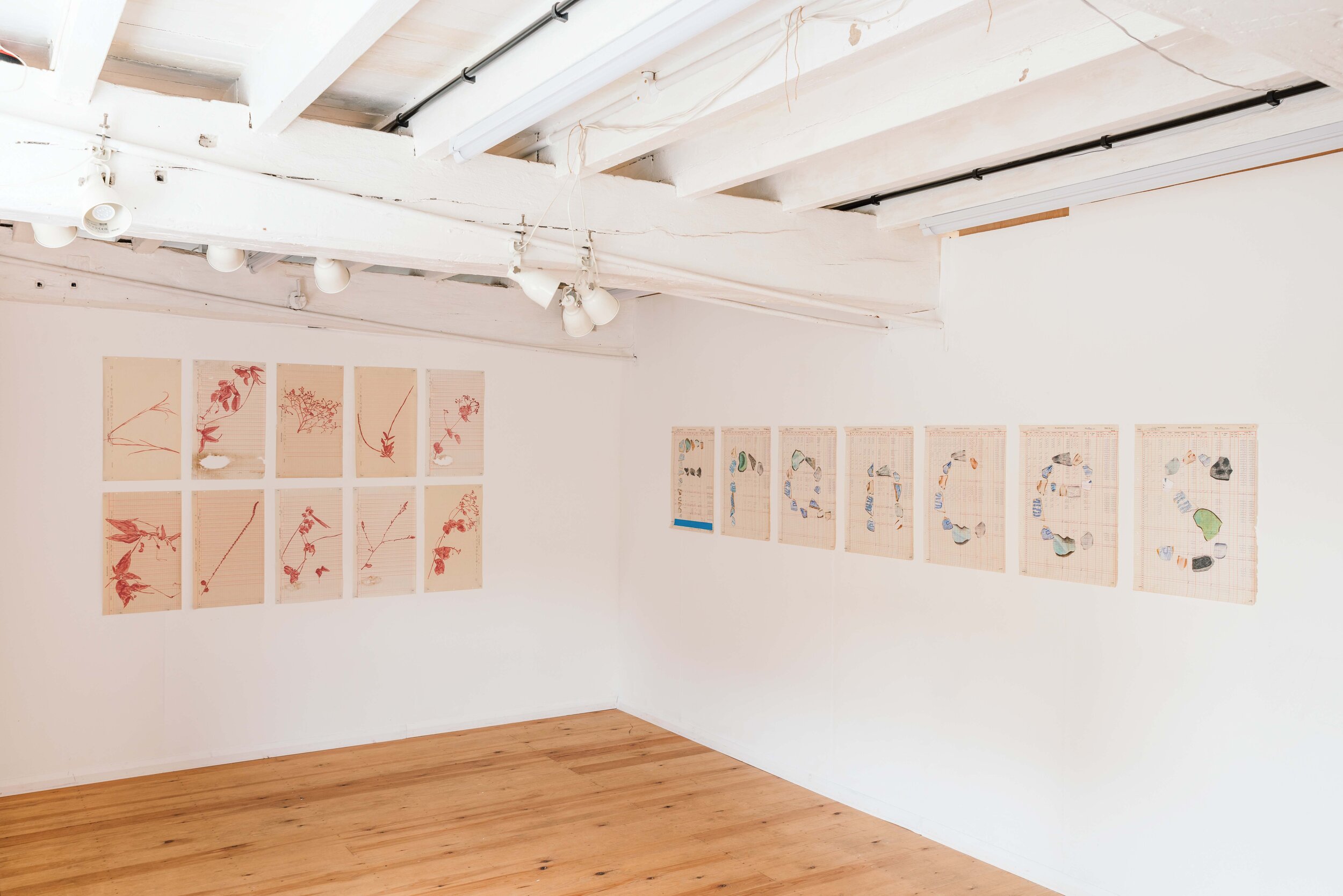
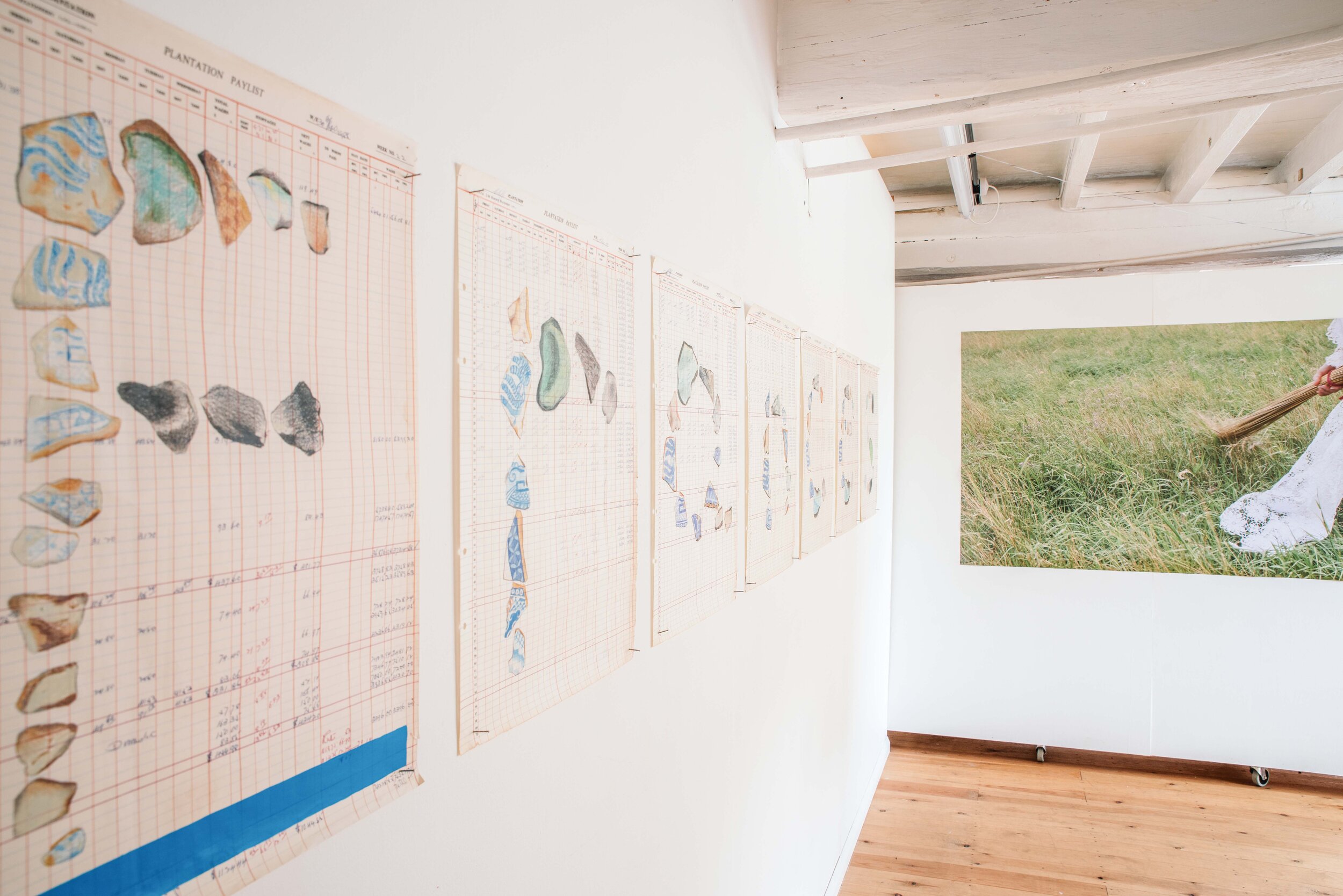
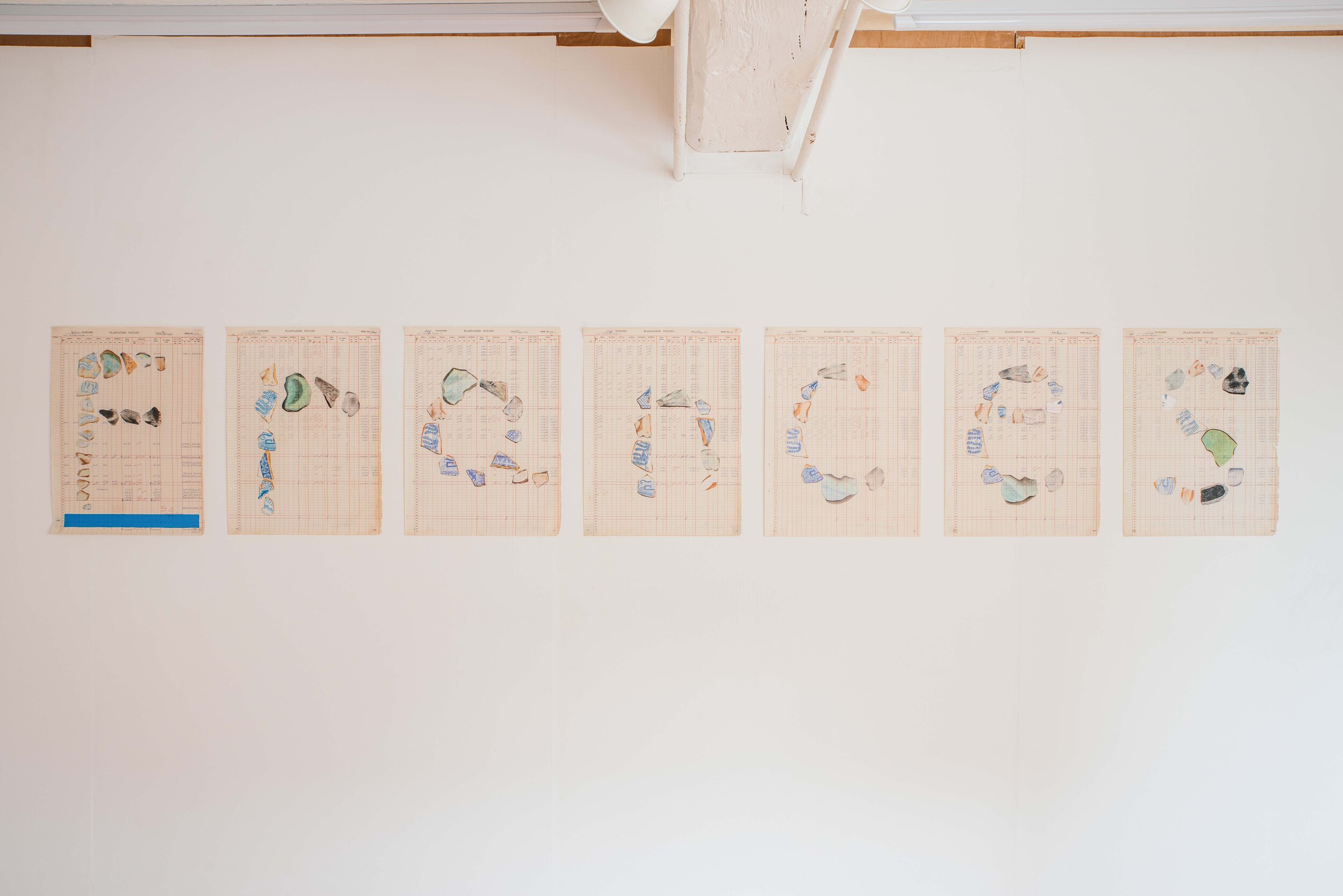
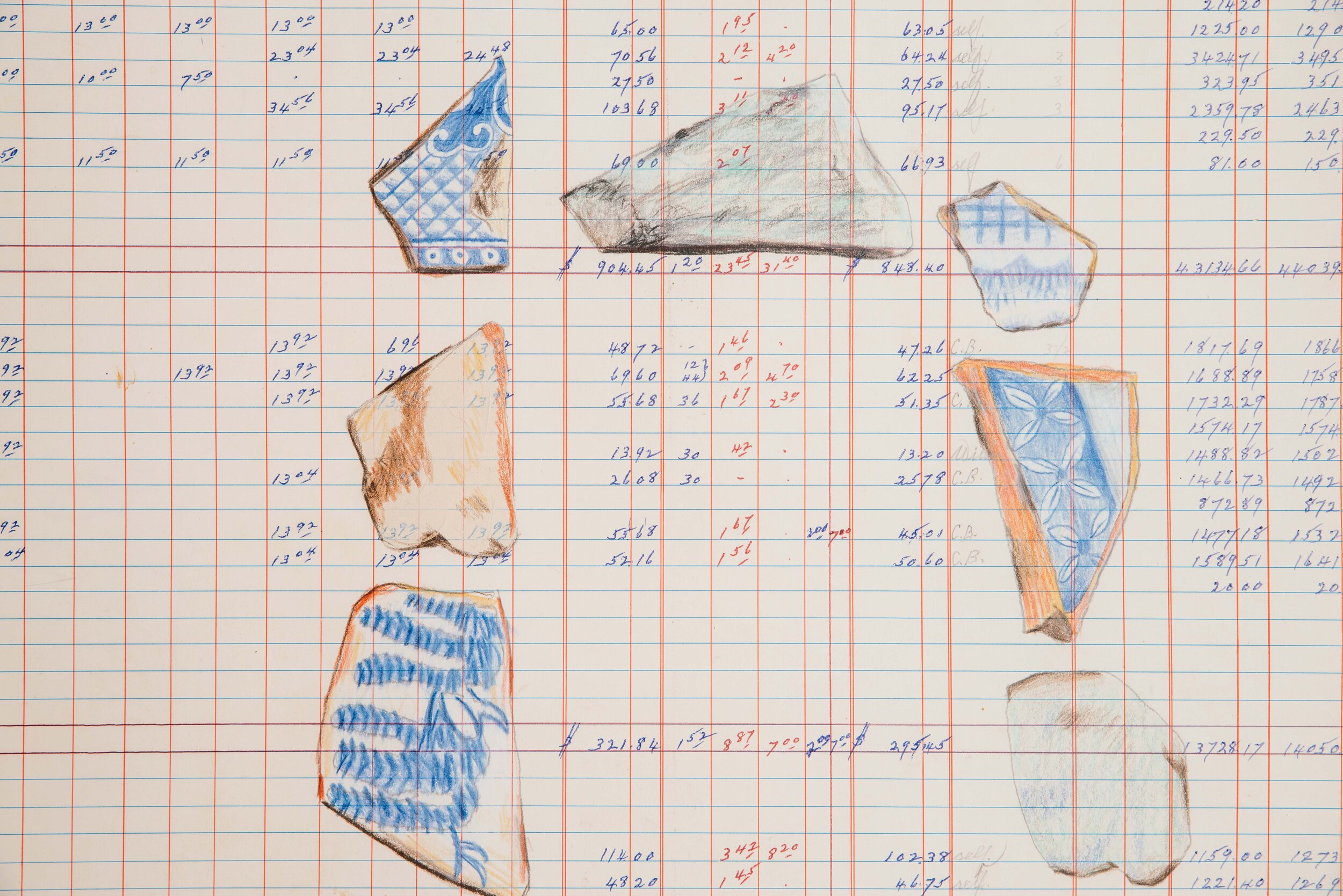
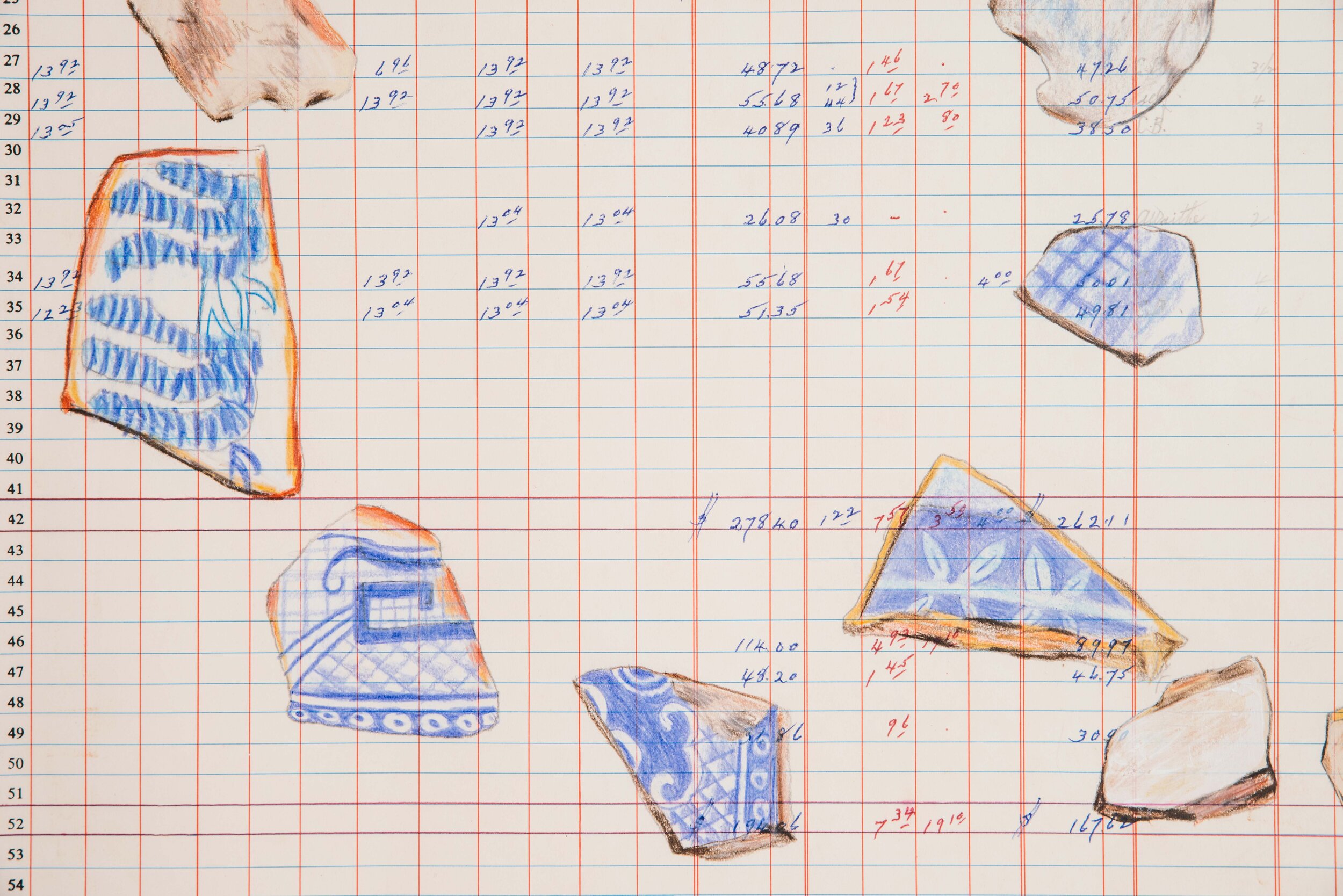
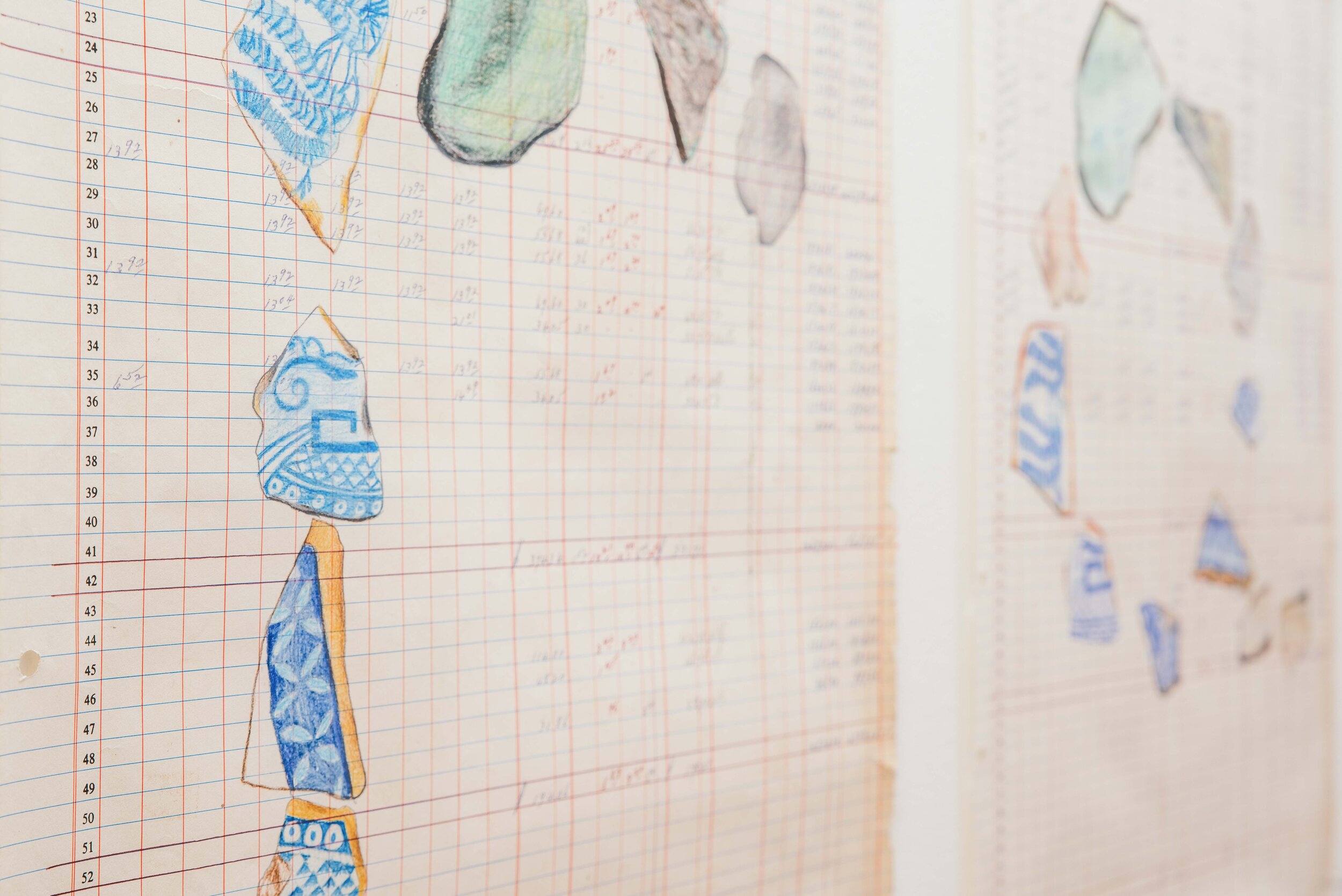
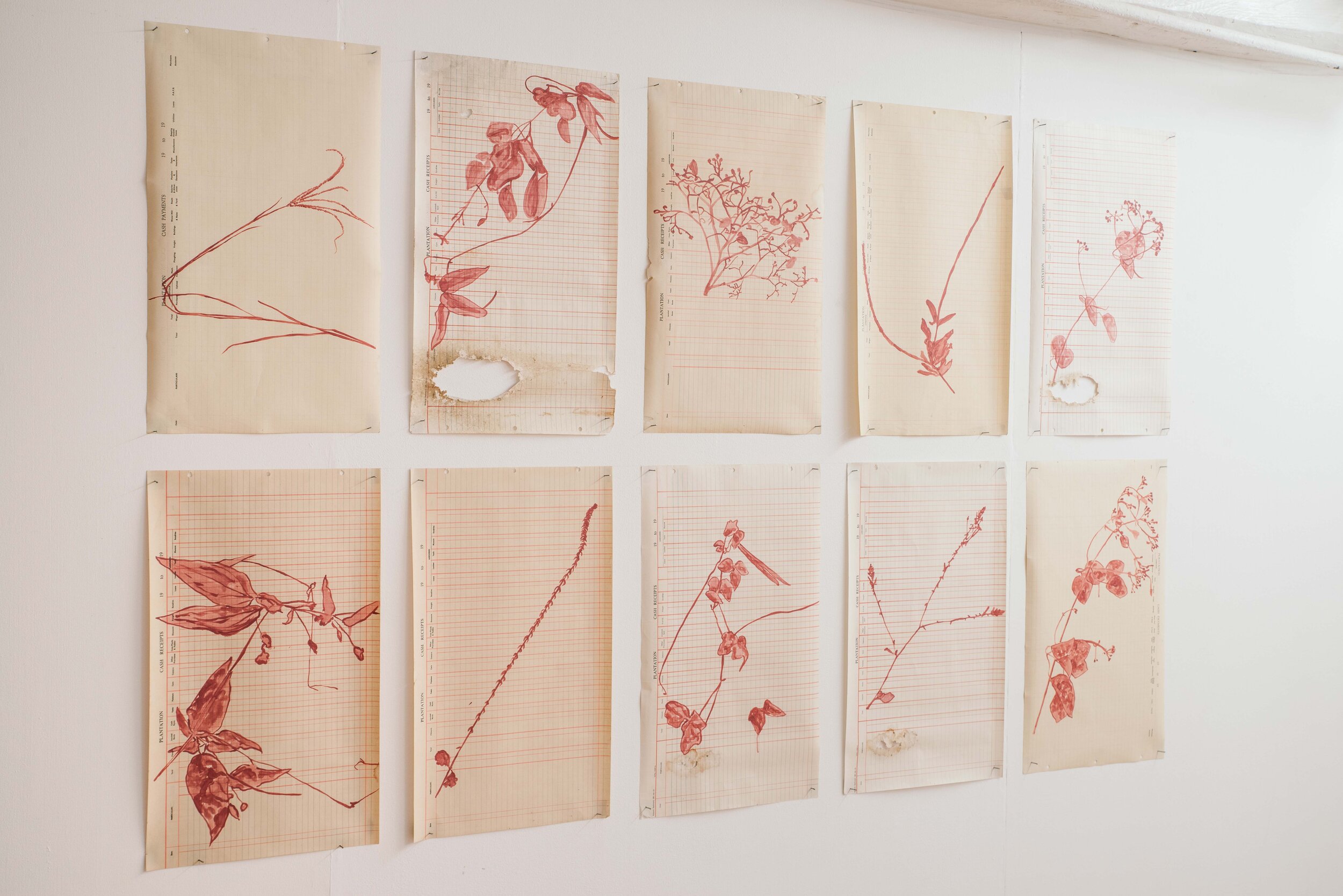
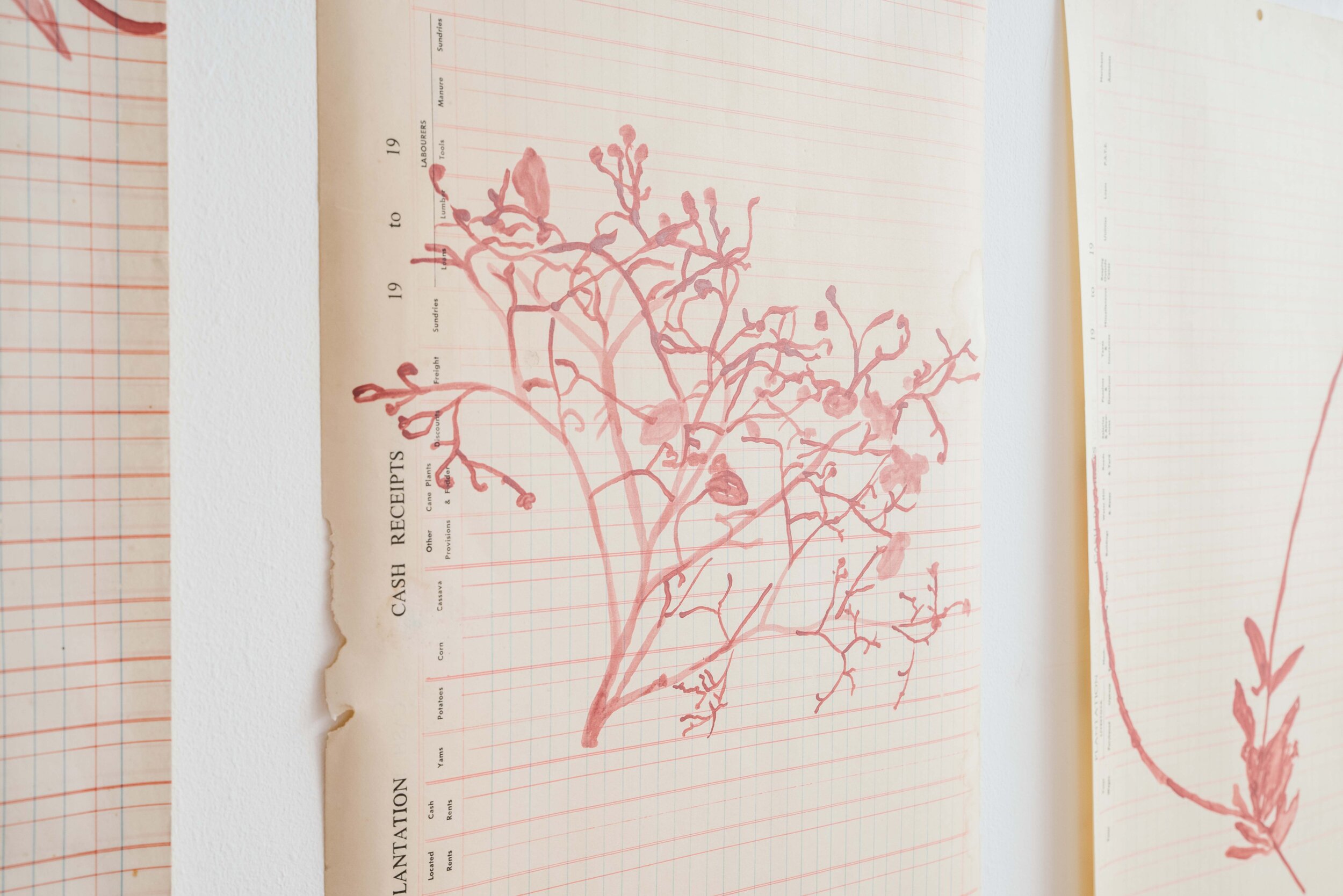
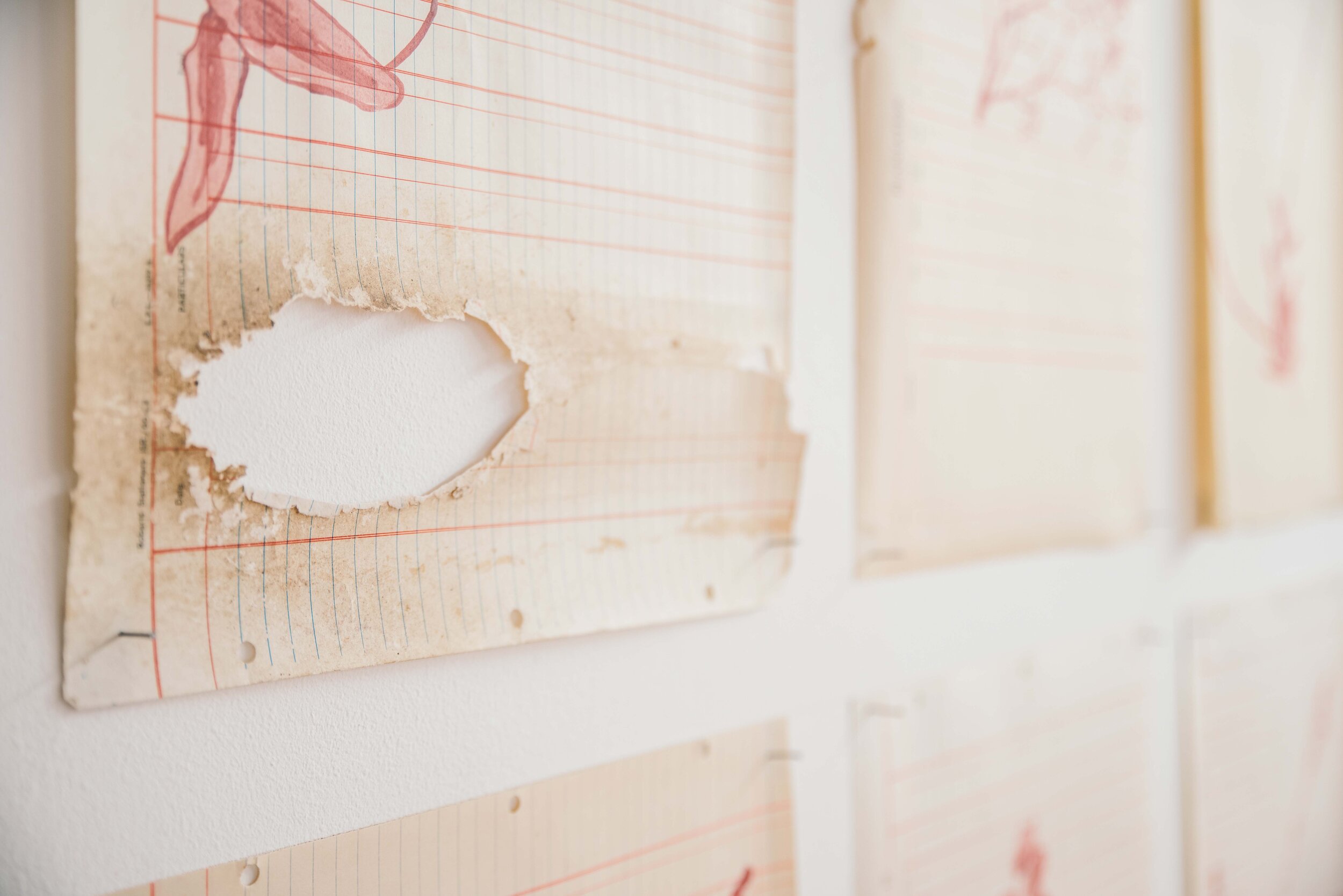
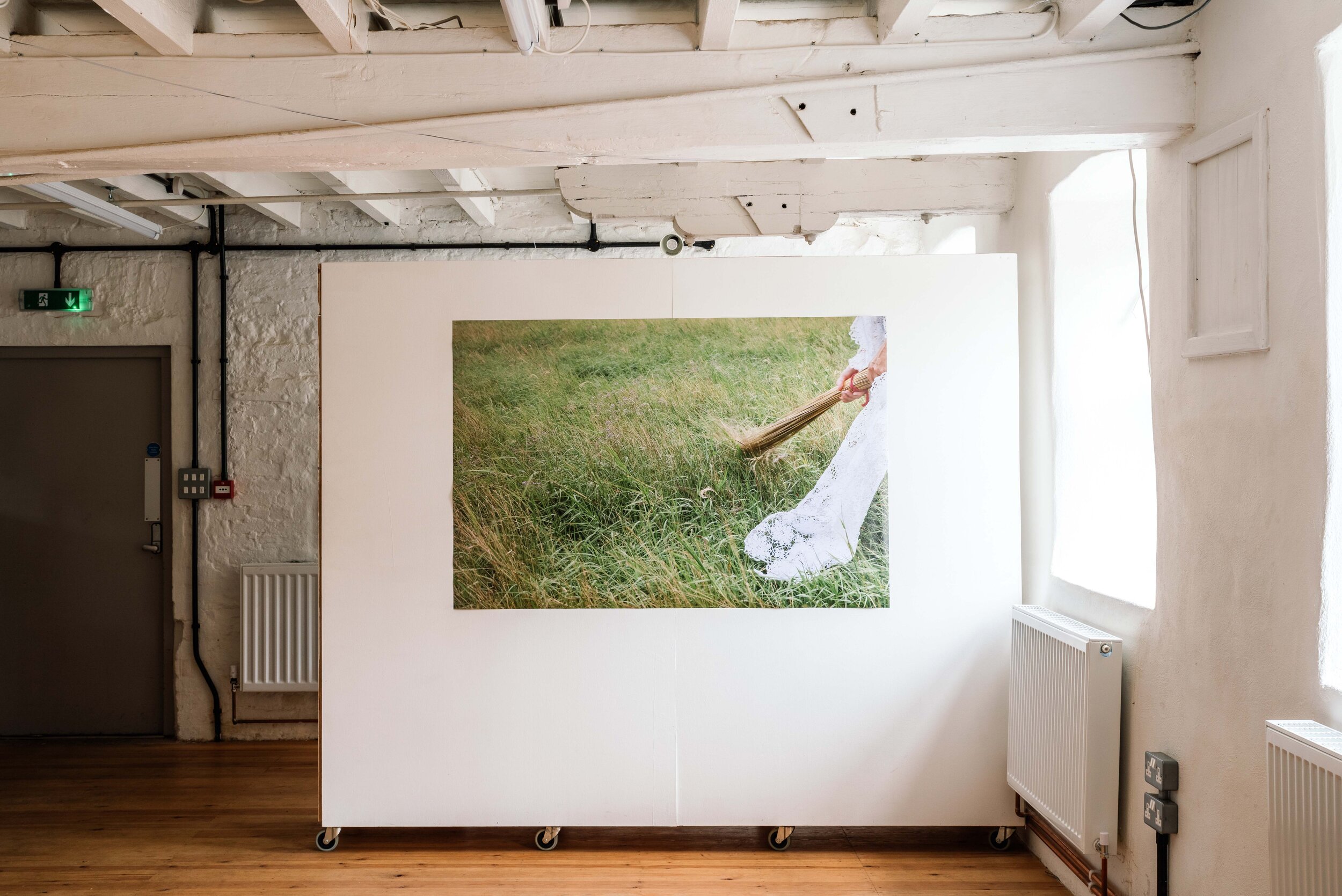
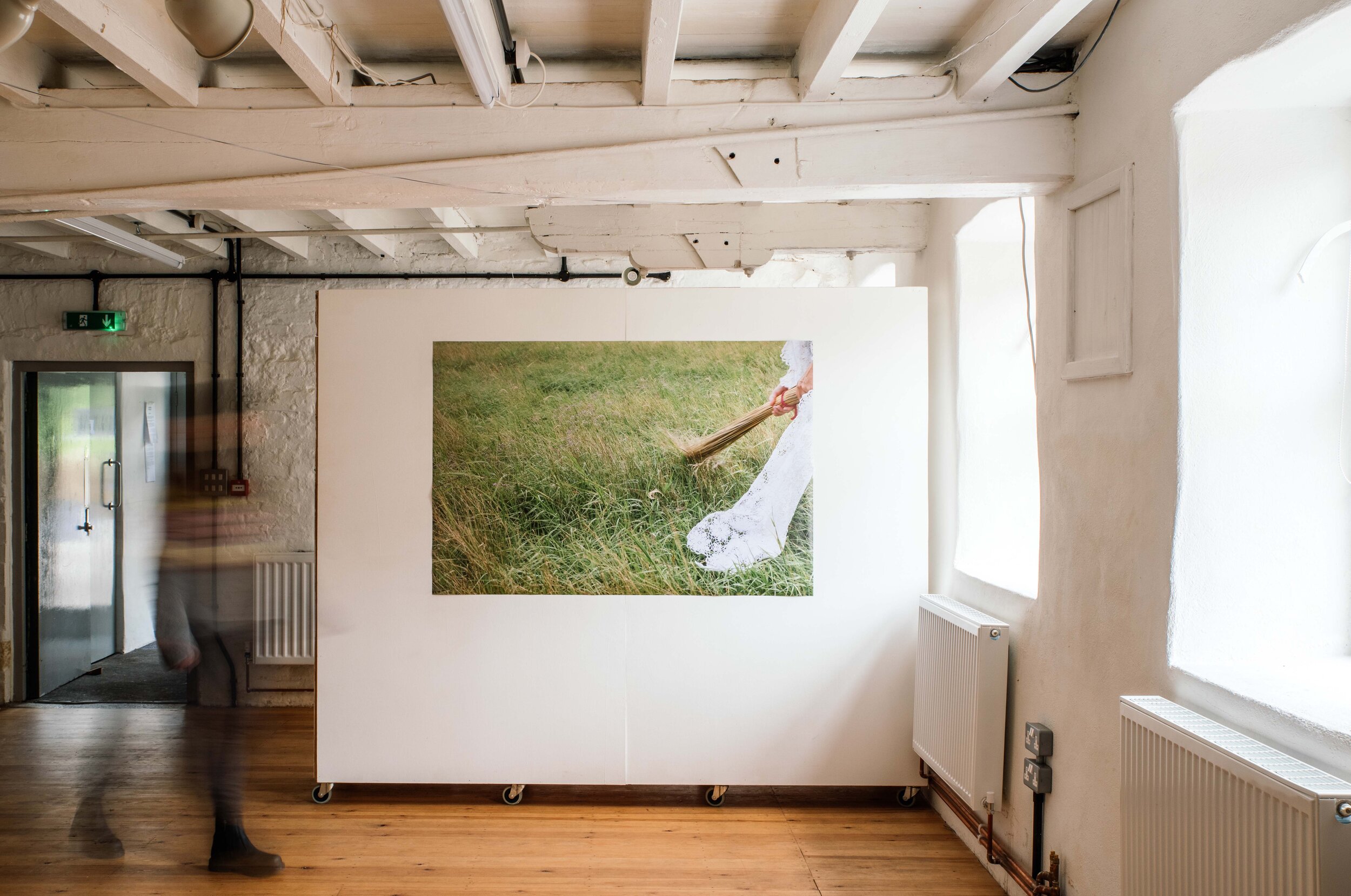
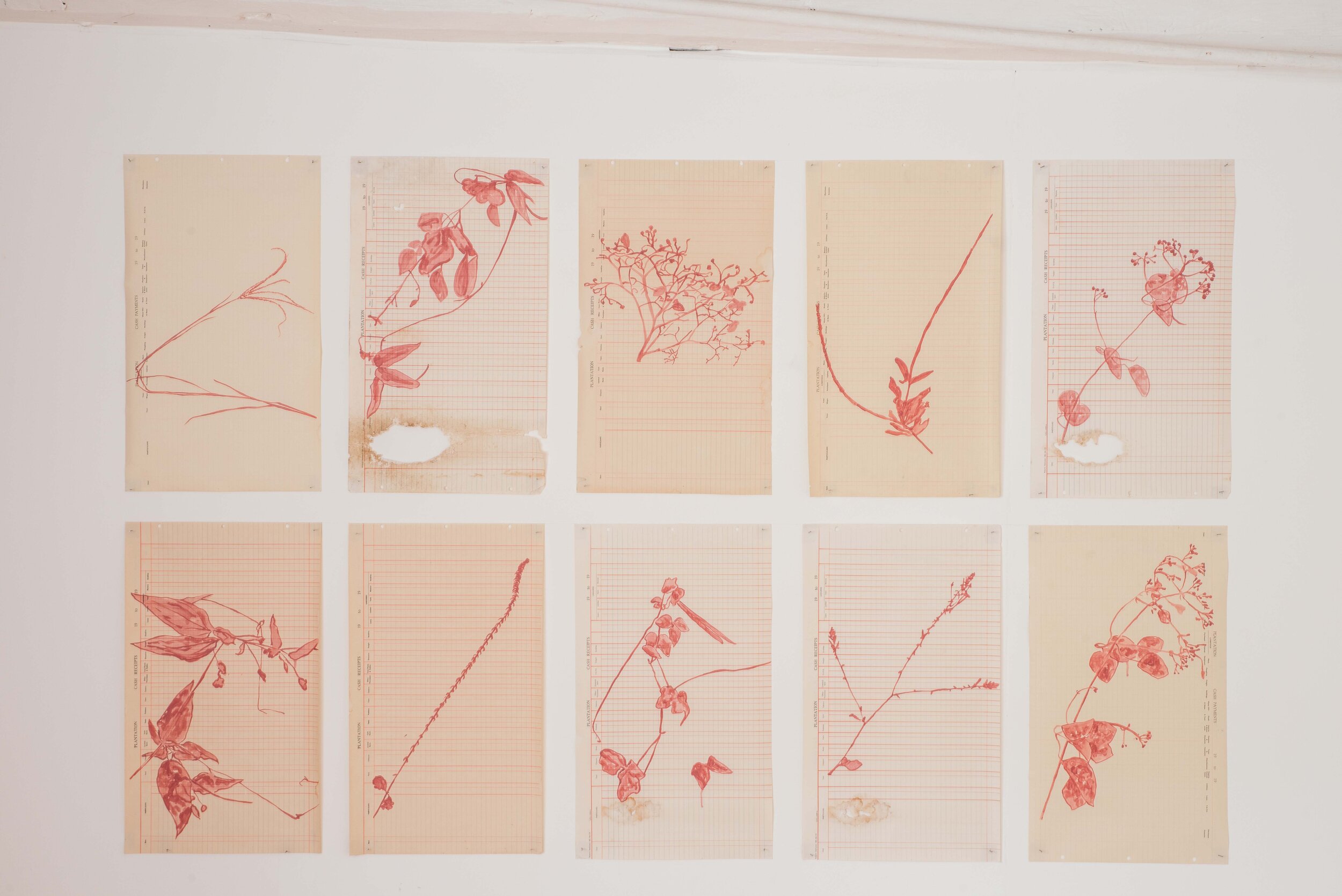
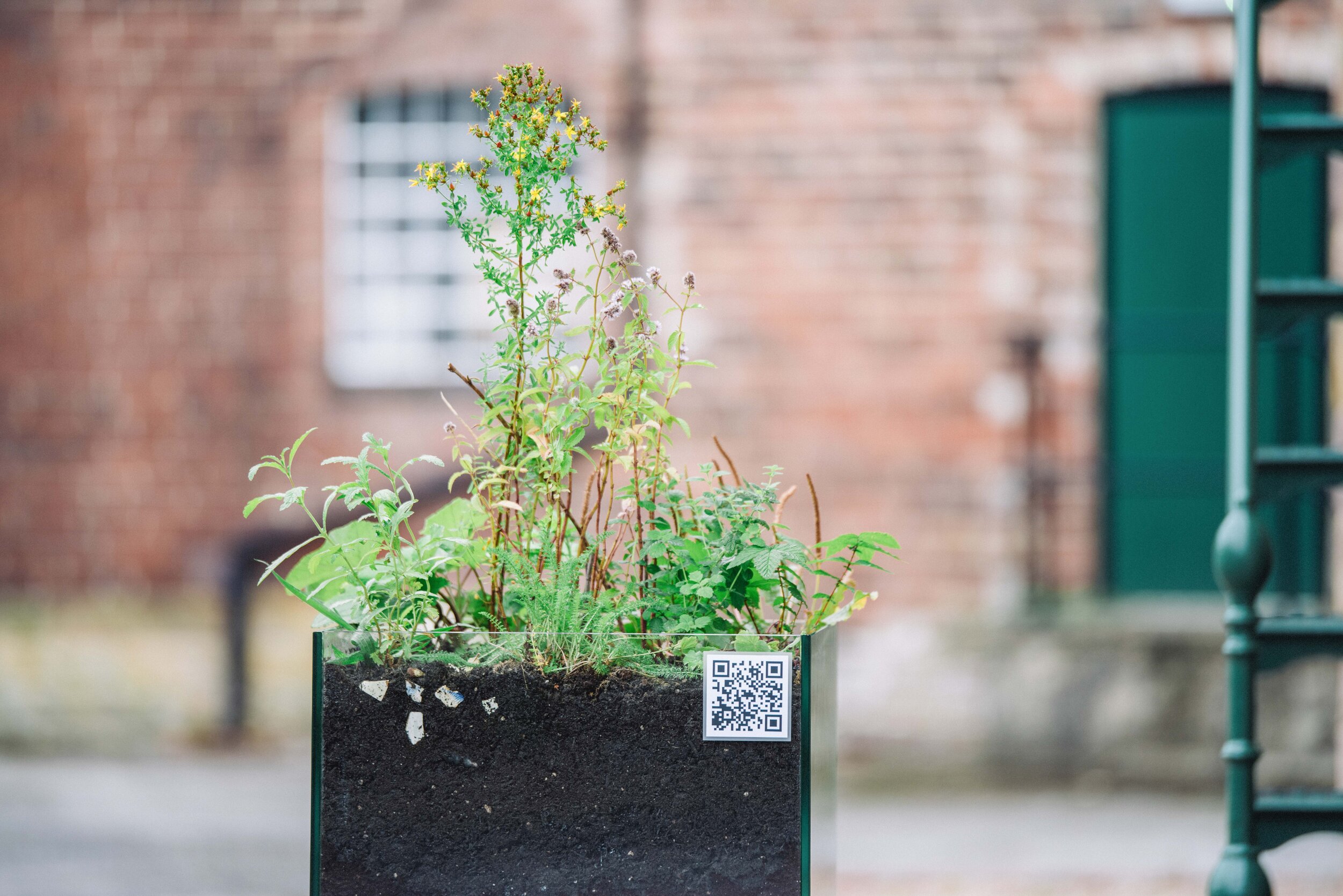
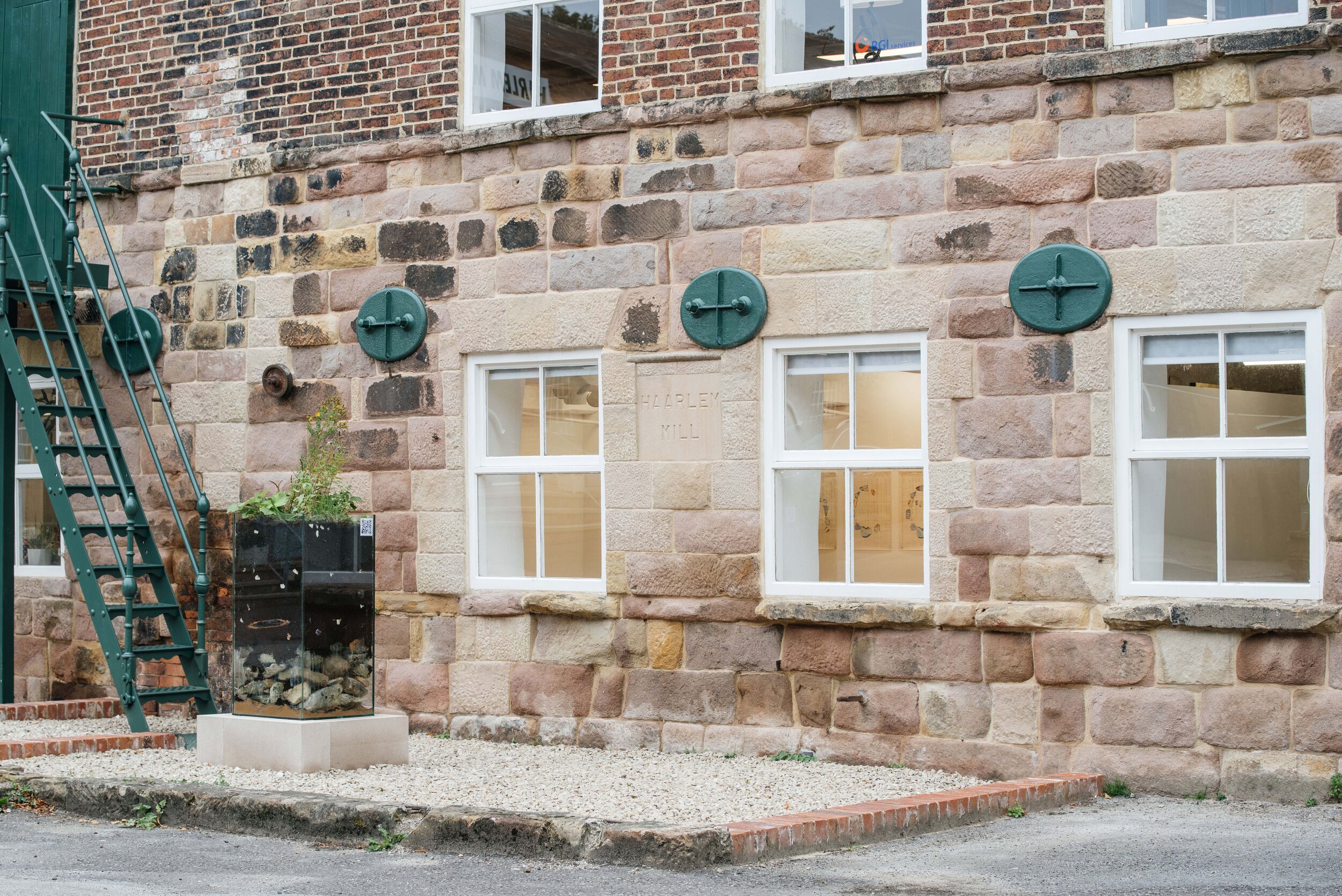
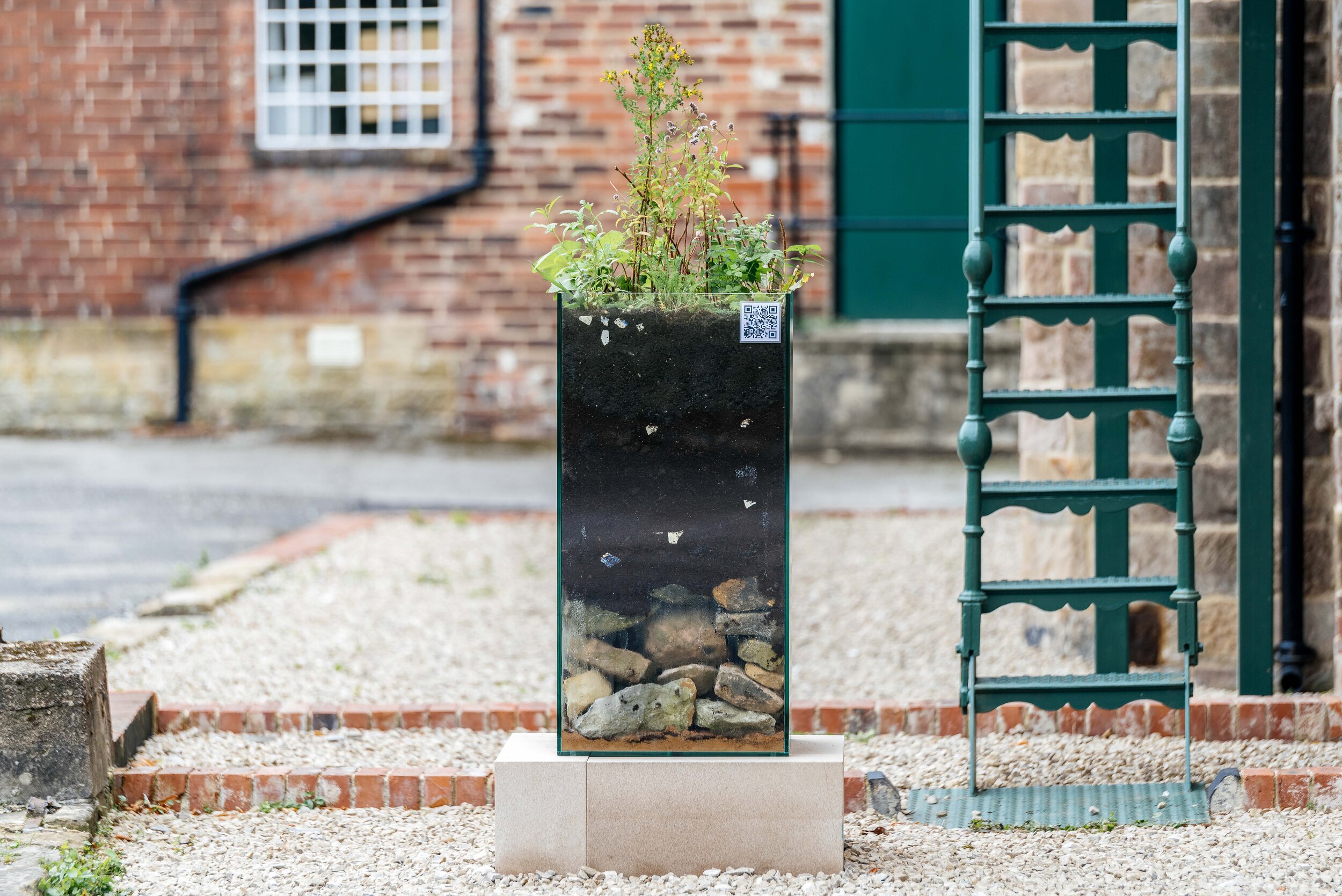
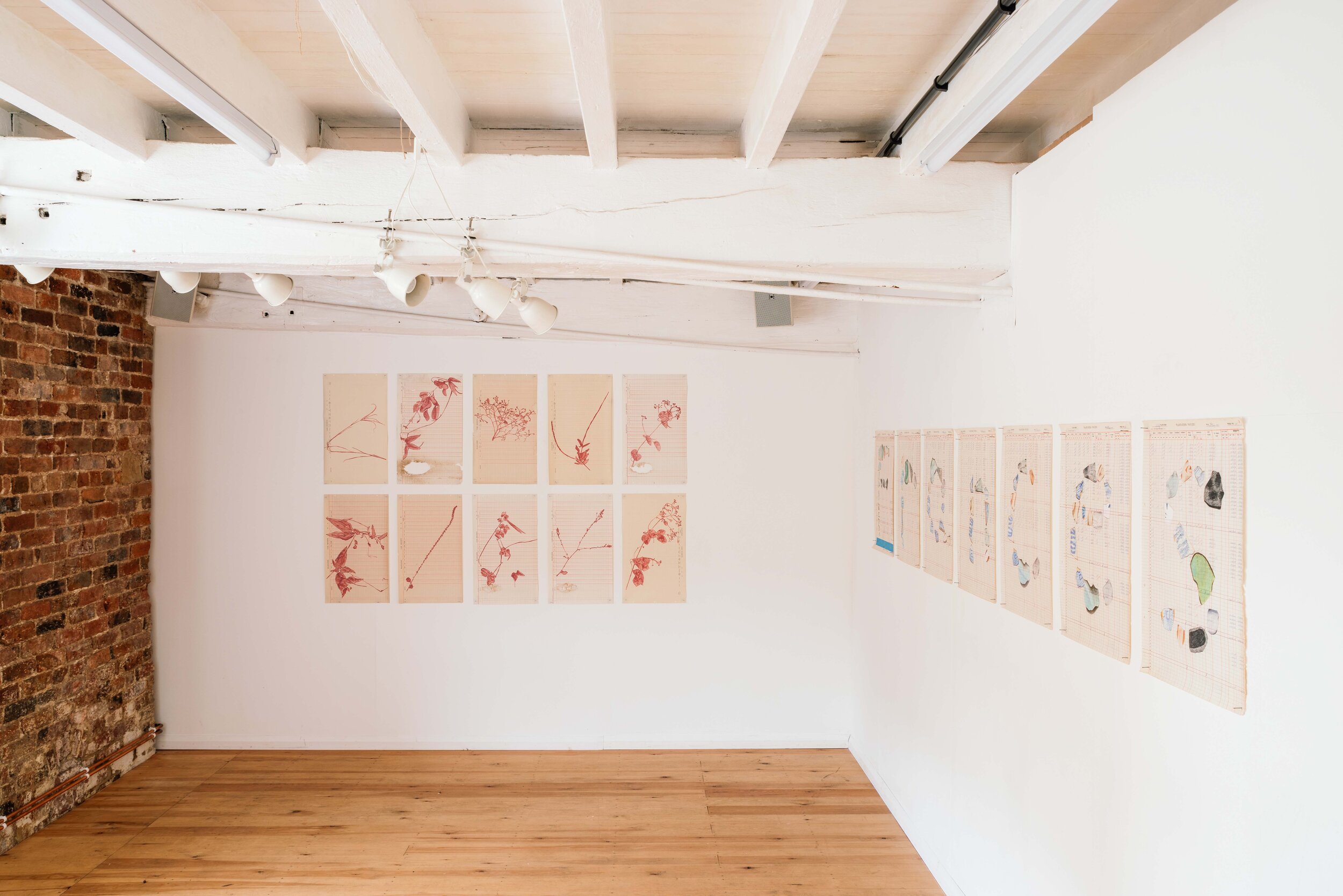
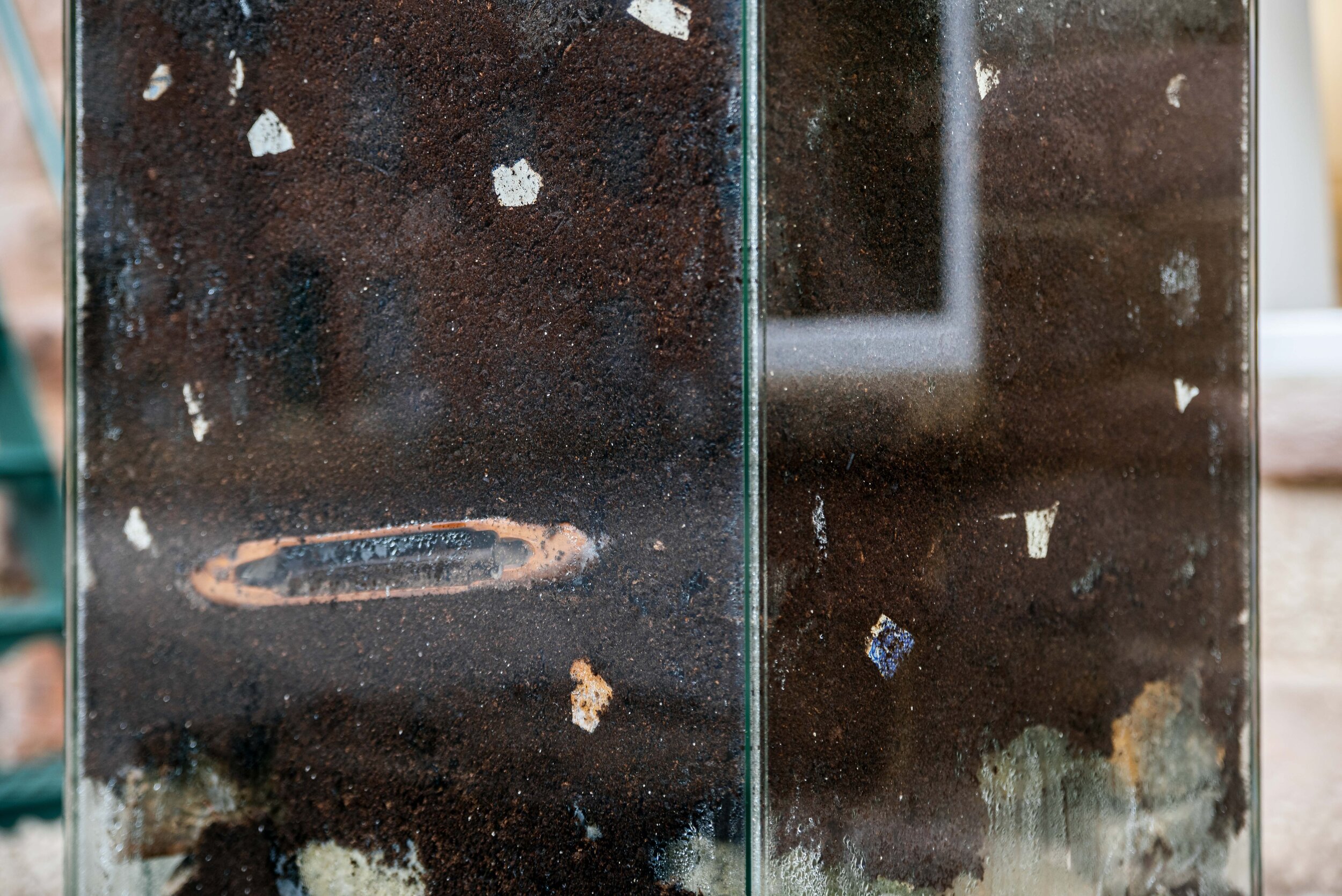
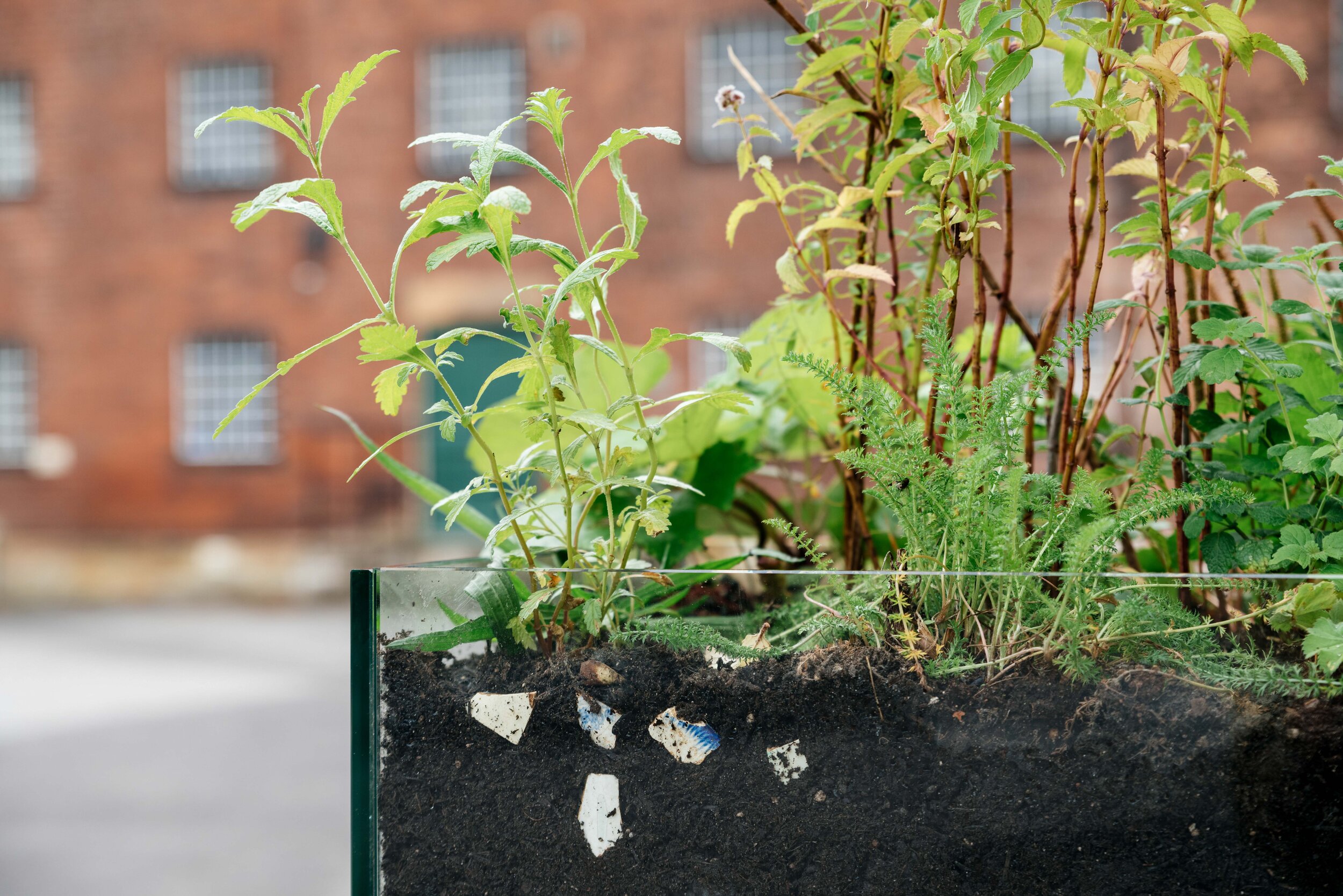
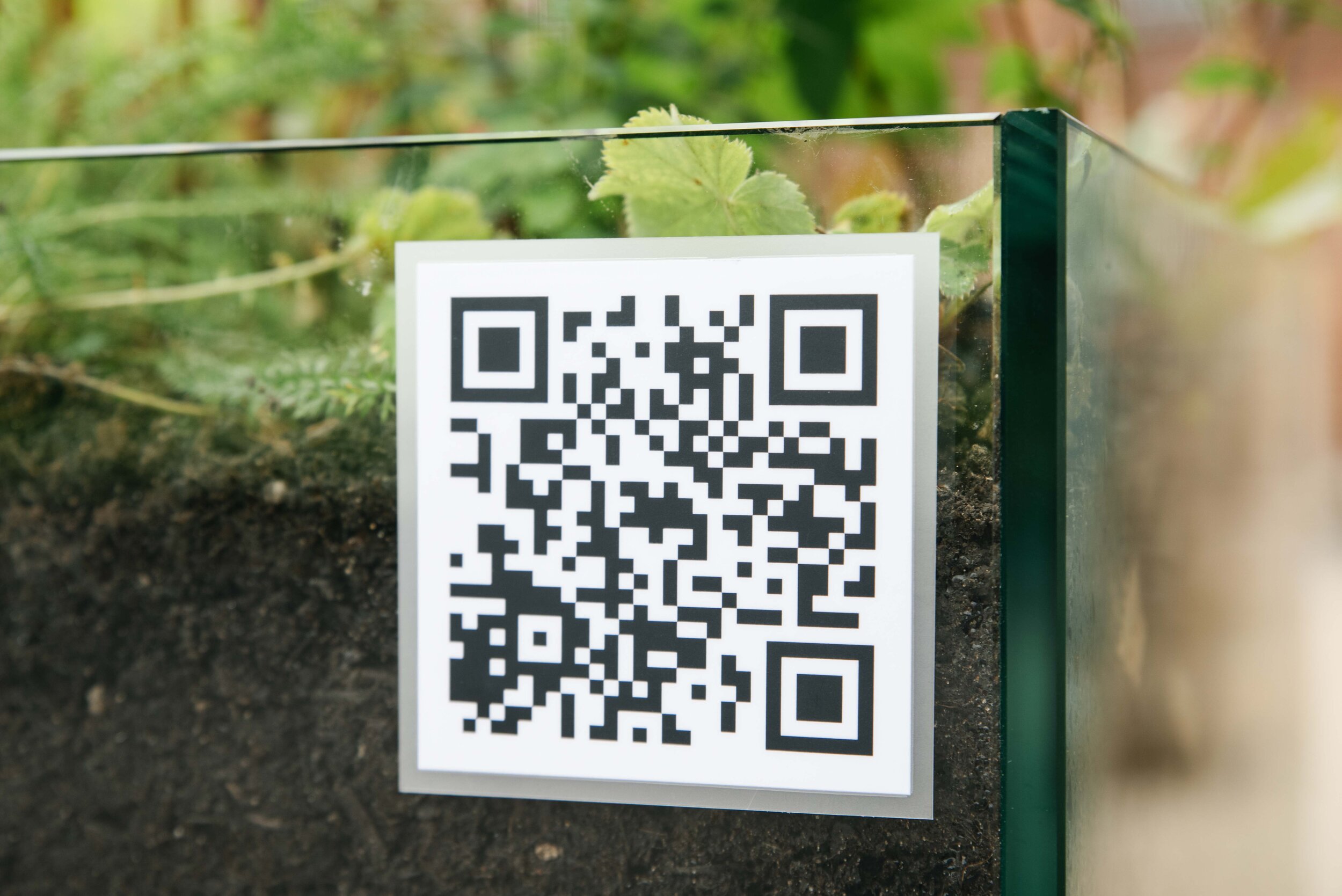
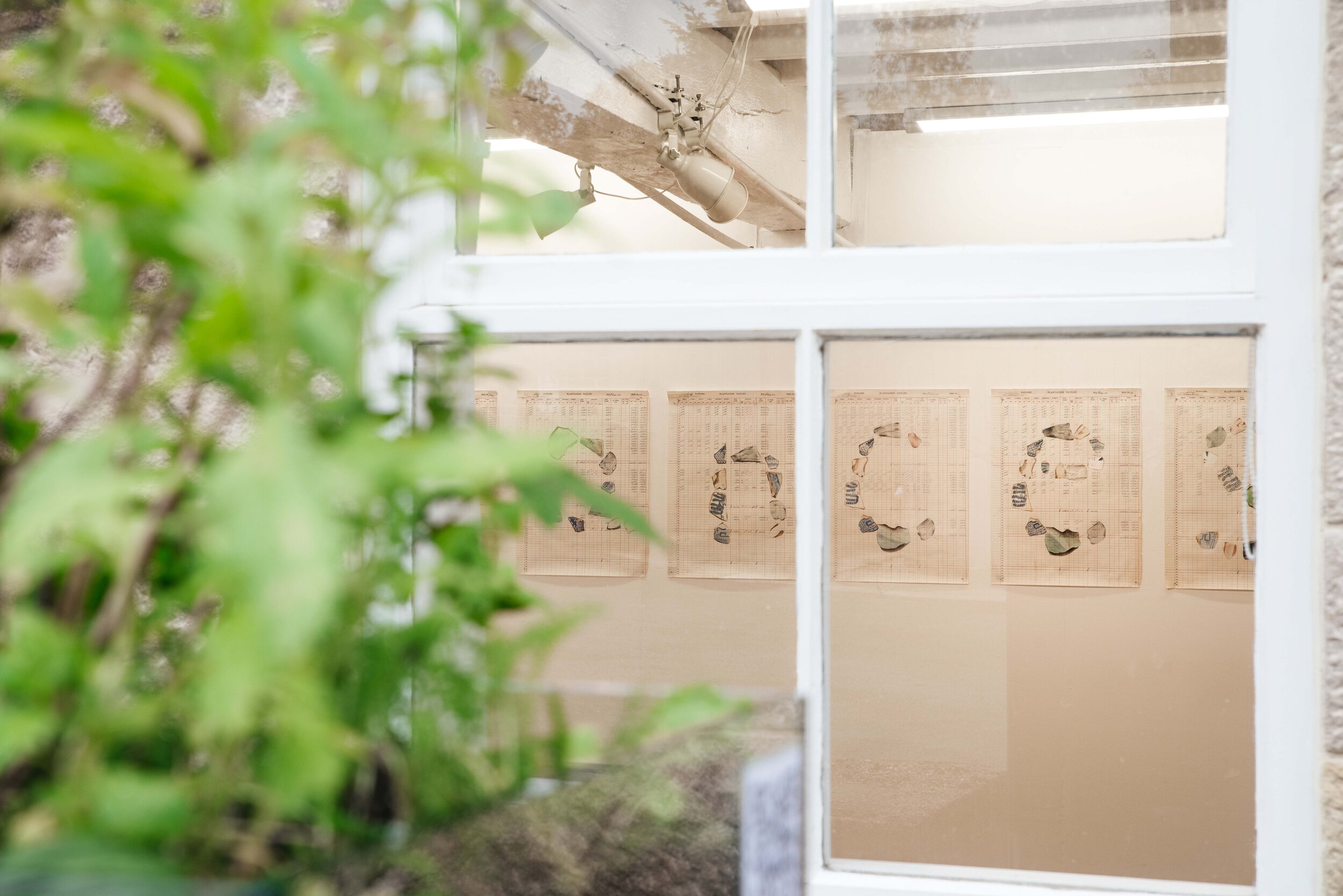
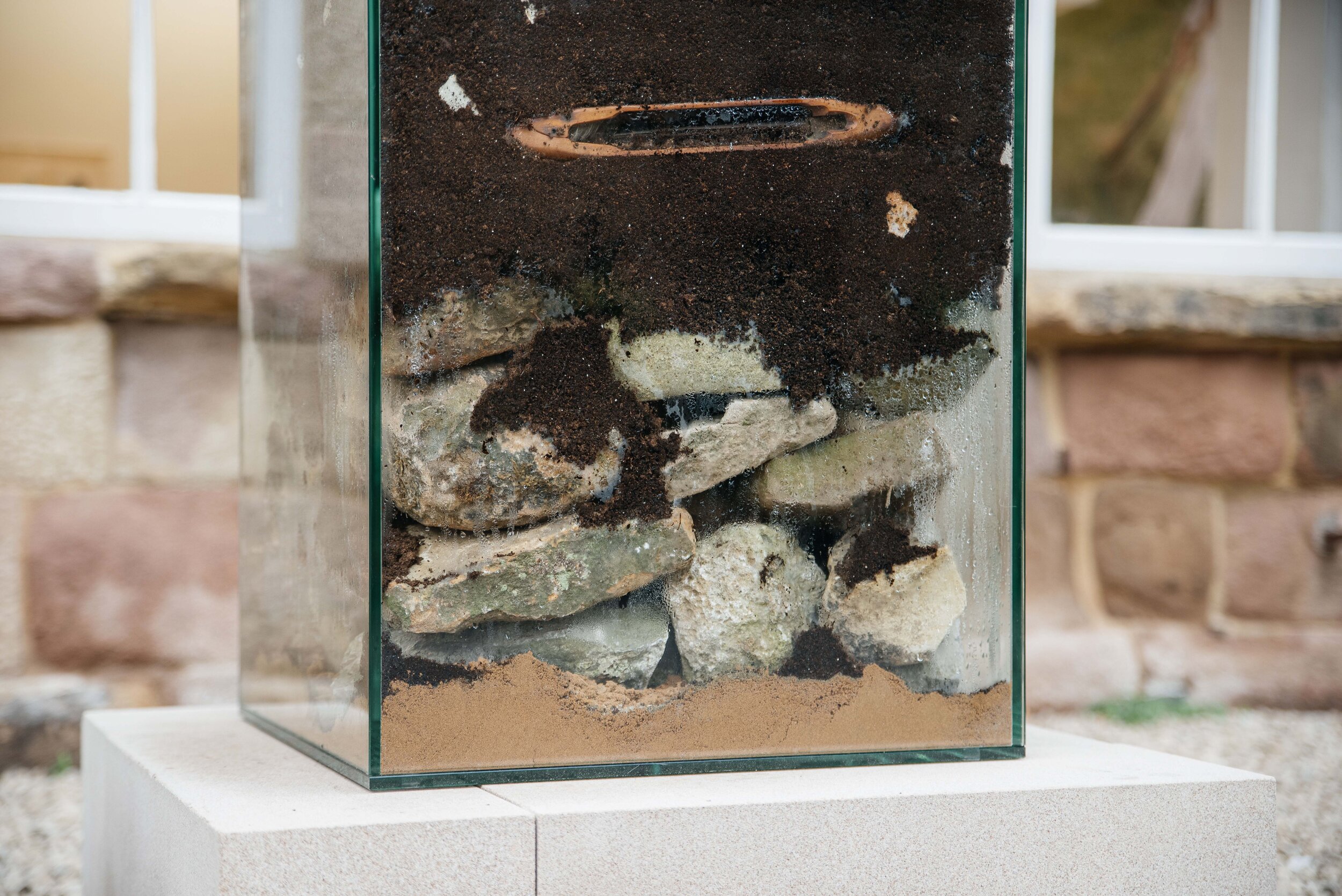
Solo exhibition
Haarlem Artspace, Wirksworth, England
—
12 September -
11 October, 2020
Curated by Olivia Penrose Punnett
Press
The Guardian (Sept. 2020)
Barbados Today (Sept. 2020)
The Learned Pig (Sept. 2020)
This exhibition brings together four works–three of which sit inside the Haarlem Artspace Gallery including the Wild Plant Series, F is for Frances, and Sweeping the Fields. A specially commissioned sculpture responding to the 18th-century origin of the gallery’s building as an industrial cotton mill, installed outside, is called (Bush) Tea Plot - A Decolonial Patch for Mill Workers.
Collectively, the works gesture to the act of rewilding as a strategy for increasing biodiversity and restoring damaged landscapes. The works on paper respond to a particular site–a former 17th-century sugar plantation which is the location of the artist’s home and studio. Wild Plant Series acknowledges botanicals as regenerative agents proliferating in lands subjected to mono-crop farming practices for centuries. F is for Frances acknowledges the presence of enslaved women who lived and laboured on the plantation. The seven letters of her name, shaped by broken sherds found in the fields surrounding the studio, suggest the fragmentary and incomplete nature of the archive. Sweeping the Fields, an act of remembering and cleansing is a contemporary gesture to history’s groan which acknowledges the possibility of an emerging post-plantation apothecary.
(Bush) Tea Plot - A Decolonial Patch for Mill Workers responds to the first use of the 18th-century building housing the Haarlem Artspace, linking shared industrial and colonial histories on both sides of the Atlantic. The installation explores environmental resilience, regeneration, and healing through the use of wild plants before medicine was widely available. The glass vitrine, home to wild botanicals harvested from the surrounding area in Wirksworth, includes plants with healing qualities and a focus on lung disease and coughs that mill workers would have suffered as a result of poor working conditions. Embedded in the soil is a wooden bobbin from the mill and a collection of sherds including pearlware, creamware, stoneware, and transfer-printed whiteware. These ceramic remains were initially shipped out from Britain to Barbados in the late 18th, and early 19th-centuries and used as cheap crockery sets by both the settler-colonial class and the enslaved population. They have made their way back to the UK by DHL courier shipping, more than two hundred years later. The repatriation of these artifacts acknowledges their likely origin back to the Staffordshire potteries, located near Wirksworth.
re: wilding derives from a particular landscape in Barbados that was transformed into Britain's first “sugar isle’. This protracted encounter with the colonial project is still evident today as the weight of history remains present.
Photo credit: Will Slater

























